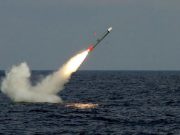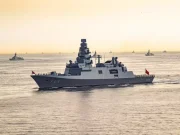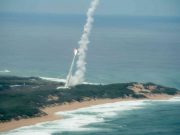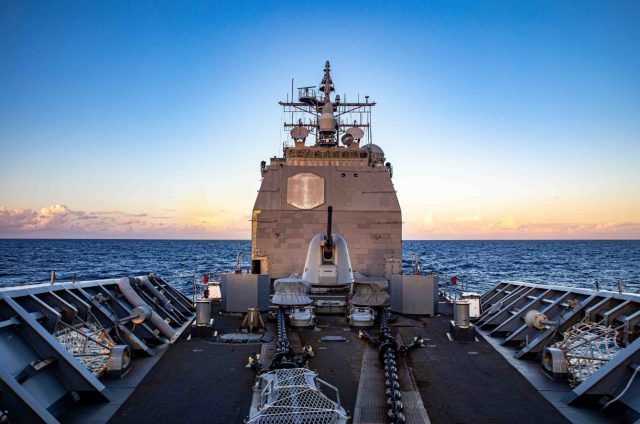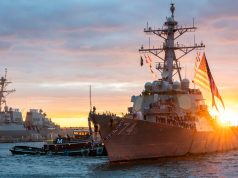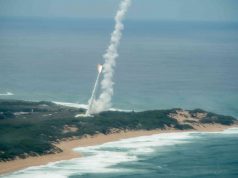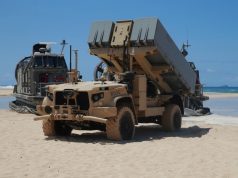The US Navy has carried out a freedom of navigation operation in the South China Sea, with guided-missile cruiser USS Chancellorsville (CG 62) sailing near the China-claimed Spratly Islands on November 29.
Immediately after the operation, China said its military chased off a cruiser that “illegally intruded into Chinese waters.”
The US 7th Fleet Command disputed the PLA Southern Theater Command’s statement, saying it was “the latest in a long string” of PRC actions to misrepresent lawful US maritime operations and assert its excessive and illegitimate maritime claims at the expense of its Southeast Asian neighbors in the South China Sea.
The US said the cruiser asserted navigational rights and freedoms in the South China Sea consistent with international law. At the conclusion of the operation, USS Chancellorsville exited the excessive claim area and continued operations in the South China Sea.
The US Navy explained that the freedom of navigation operation (“FONOP”) upheld the rights, freedoms, and lawful uses of the sea recognized in international law by challenging restrictions on innocent passage imposed by the People’s Republic of China (PRC), Vietnam, and Taiwan.
USS Chancellorsville was also one of the two cruisers that constituted the first cruiser tandem to carry out a Taiwan Strait transit earlier this year.
The United States challenges excessive maritime claims around the world regardless of the identity of the claimant. Customary international law of the sea as reflected in the 1982 Law of the Sea Convention provides for certain rights and freedoms and other lawful uses of the sea to all nations. The international community has an enduring role in preserving the freedom of the seas, which is critical to global security, stability, and prosperity.
The PRC, Vietnam, Taiwan, Malaysia, Brunei, and the Philippines each claim sovereignty over some or all of the Spratly Islands. The PRC, Vietnam, and Taiwan purport to require either permission or advance notification before a foreign military vessel engages in “innocent passage” through the territorial sea.
Under customary international law as reflected in the Law of the Sea Convention, the ships of all states–including their warships–enjoy the right of innocent passage through the territorial sea. International law does not allow for the unilateral imposition of any authorization or advance-notification requirement for innocent passage, so the United States challenged these requirements.
By engaging in passage without giving prior notification to or asking permission from any of the claimants, the United States challenged the unlawful restrictions imposed by the PRC, Taiwan, and Vietnam.





